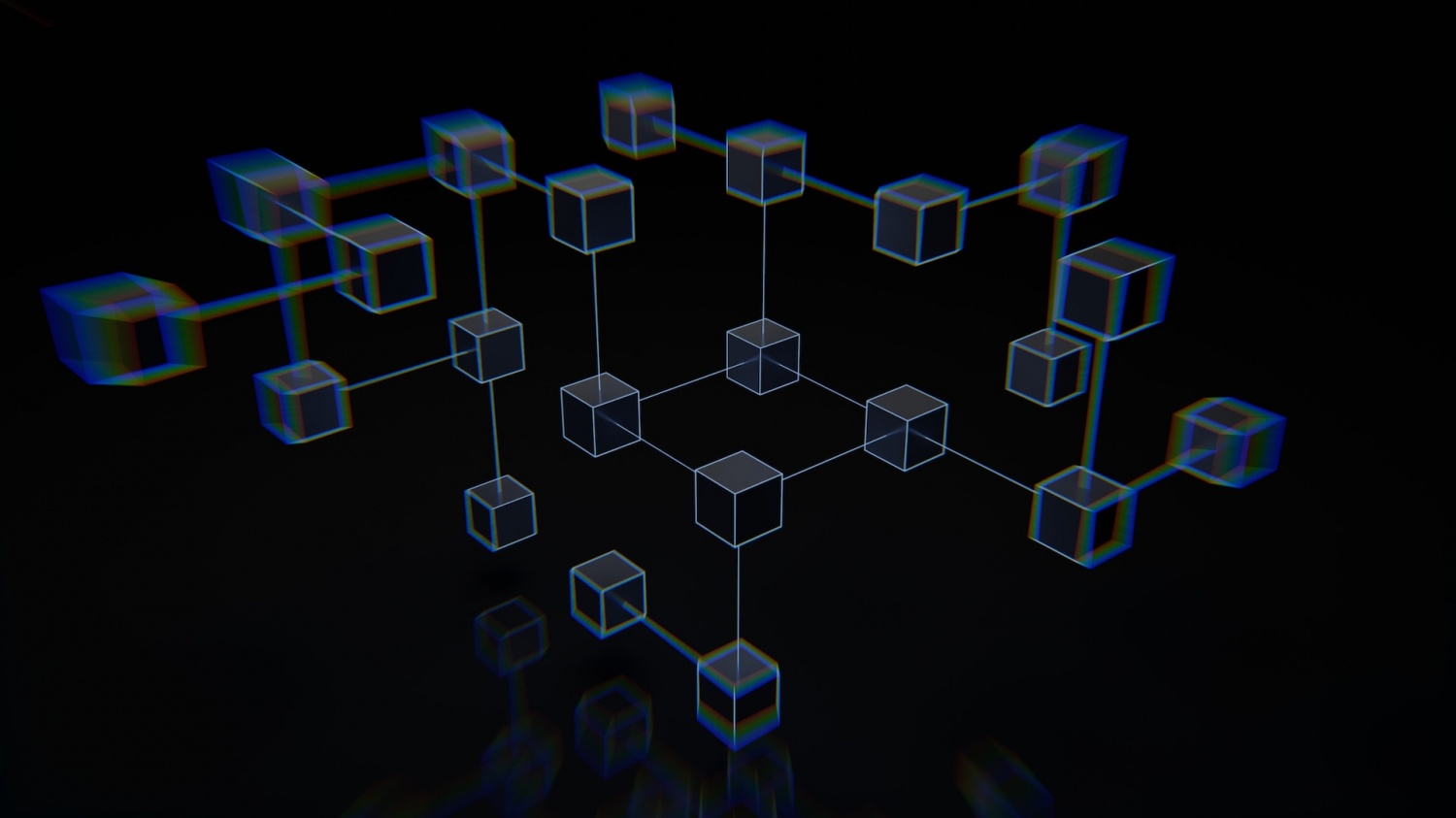
The dawn of the digital revolution has had profound impacts on the real estate industry. Find off-plan projects for sale in UAE for your next investment. Forefront among these transformative forces is blockchain technology, influencing how we handle property sales and purchases, especially in dynamic and innovative locations like Dubai. The urban real estate scene is experiencing significant changes due to blockchain technology. This shift brings about exceptional clarity, heightened operational effectiveness, and unmatched safety measures.
Grasping the Concept of Blockchain Technology
Before delving into the changes occurring in Dubai's property market, we need to clarify what blockchain technology entails. This technology, usually linked to cryptocurrencies like Bitcoin, is a distributed, electronic record-keeping framework that captures all transactions across numerous computers. This record is impossible to alter retroactively without modifying all subsequent blocks, fostering trust, responsibility, and transparency in digital transactions.
Blockchain's Role in Dubai's Property Market
Dubai's government is a strong proponent of blockchain technology, evidenced by the launch of the Dubai Blockchain Strategy 2020. This strategy aimed to transform Dubai into the world's first city powered entirely by blockchain. The real estate industry, characterized by intricate transactions and significant value, stands to gain immensely from this innovative technology.
Empowering Smart Contracts
Blockchain can provide the foundation for intelligent contracts - contracts that execute themselves in accordance with the agreed-upon terms, directly written into code. In the context of real estate transactions, this could mean the automatic transfer of property ownership once certain conditions are met, such as the receipt of funds. This removes the necessity for intermediate third-party involvement. like notaries, leading to considerable time and cost efficiencies.
Encouraging Fractional Ownership
Blockchain, through the process of tokenization, can support the division of property assets into smaller, shared ownership parts. This means that high-value properties can be broken down into numerous 'tokens,' which can be bought and sold individually. This opens up the real estate market to a wider pool of investors, who may not have been able to afford whole property ownership before. For the Dubai market, which boasts many luxury properties, this could significantly boost investment and liquidity.
Improving Record Keeping
The secure and open documentation provided by blockchain's distributed record-keeping technology is ensured. All transactions on the blockchain are time-stamped, traceable, and immutable. This can be particularly beneficial for property transactions in Dubai, where the maintenance of historical transaction data is crucial for auditability and establishing ownership rights.
Enhancing Due Diligence Processes
Due diligence is an essential part of real estate transactions, involving extensive background checks on properties and their owners. This process can be incredibly time-consuming and costly. However, with a blockchain-based registry, all relevant property information is stored securely and transparently, significantly simplifying and accelerating the due diligence process.
Facilitating Transactions
Blockchain technology simplifies the process of property transactions by removing intermediaries and offering a consolidated, unalterable ledger of transaction data. All parties can access a single, infallible version of events simultaneously. This immediate access accelerates transactions, decreases costs, and curtails fraud risks.
Promoting Transparency
Opaque dealings can instigate suspicion and corruption within real estate markets. However, blockchain, by design, fosters transparency. Every transaction recorded on the blockchain is open for all parties to see, making it impossible to tamper with data or conceal information. This transparency leads to a more equitable market where buyers and sellers can conduct business with certainty.
Upholding Property Rights
Tokenization - the digital representation of physical assets on the blockchain - helps secure property rights and establish ownership reliably. The immutable nature of blockchain ensures that once a property is tokenized, the record of ownership cannot be altered deceitfully.
Dubai's Blockchain Uses
The influence of blockchain technology is already evident in Dubai's property market.
-
Dubai Land Department (DLD) Blockchain Platform: The DLD launched a blockchain-based platform providing a comprehensive record of real estate transactions and accurate information about properties in Dubai, increasing sector efficiency and reducing paperwork.
-
Emaar Properties' Tokenization: Emaar Properties, one of the largest real estate developers in the UAE, is investigating blockchain's capability to create tokenized real estate assets. This could potentially enhance liquidity in high-value real estate assets and broaden access to property investment.
-
Smart Dubai Initiative: The city's government has embarked on an ambitious initiative to make Dubai the first city fully powered by blockchain by 2023. Real estate is a key focus area of this initiative, with plans to use blockchain to improve contract accuracy, transfer speed, and overall efficiency in the sector.
-
Dubai International Financial Centre (DIFC) Courts: In collaboration with Smart Dubai, DIFC Courts has launched the Court of the Blockchain initiative to explore how disputes arising out of private and public blockchains can be resolved efficiently.
-
Real Estate Self Transaction (REST) Initiative: This government-backed project seeks to use blockchain for leasing and buying of properties, effectively digitizing the entire real estate transaction process and eliminating the need for intermediaries.
The Path Forward
Despite its immense potential, implementing blockchain in Dubai's property market faces challenges. Regulatory and technological barriers remain, and widespread acceptance necessitates education about blockchain technology's benefits and practicalities.
Yet, the commitment from the Dubai government and the zeal of stakeholders in the real estate industry hint at a promising future. With its potential to democratize property investment, streamline transactions, and enhance transparency, blockchain could unlock a new period of prosperity for Dubai's property market.
Wrap-Up
To sum up, blockchain technology is paving the way for a new era of productivity and transparency in Dubai's property sector. Its decentralized, unalterable character is revolutionizing how properties are sold, bought, and managed, heralding a potential revolution in the industry. Learn more about Dubai properties at Emirates.Estate. As Dubai seeks to solidify its status as a global property hub, the adoption of blockchain technology will undoubtedly play a pivotal role in its sustained growth and success.
* This is a contributed article and this content does not necessarily represent the views of musictimes.com













